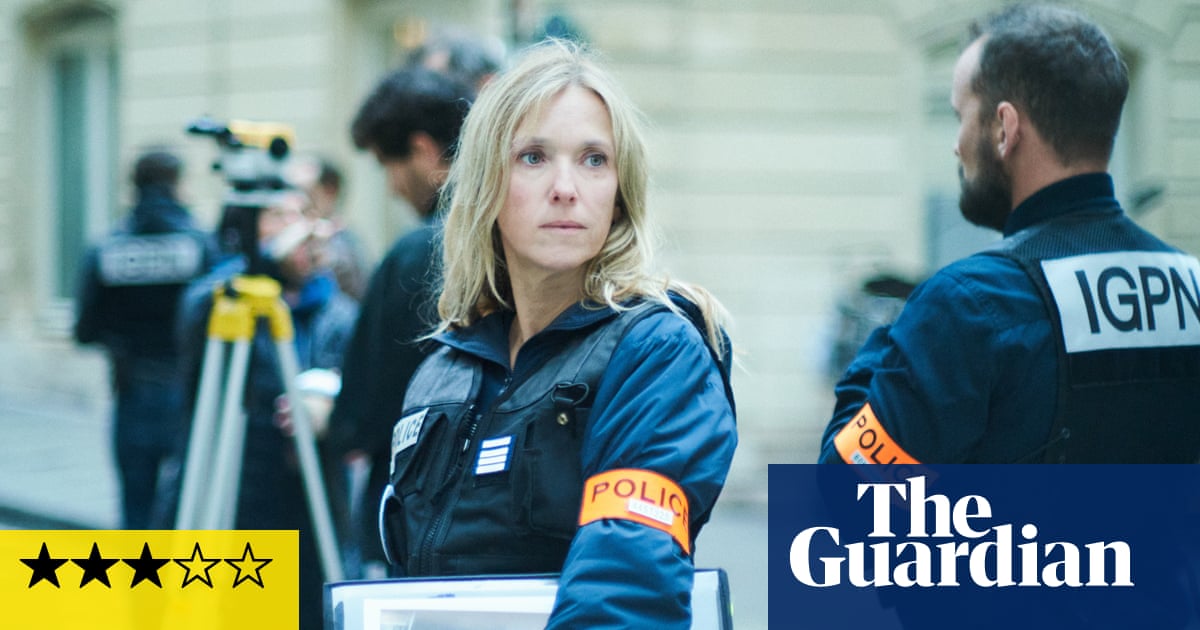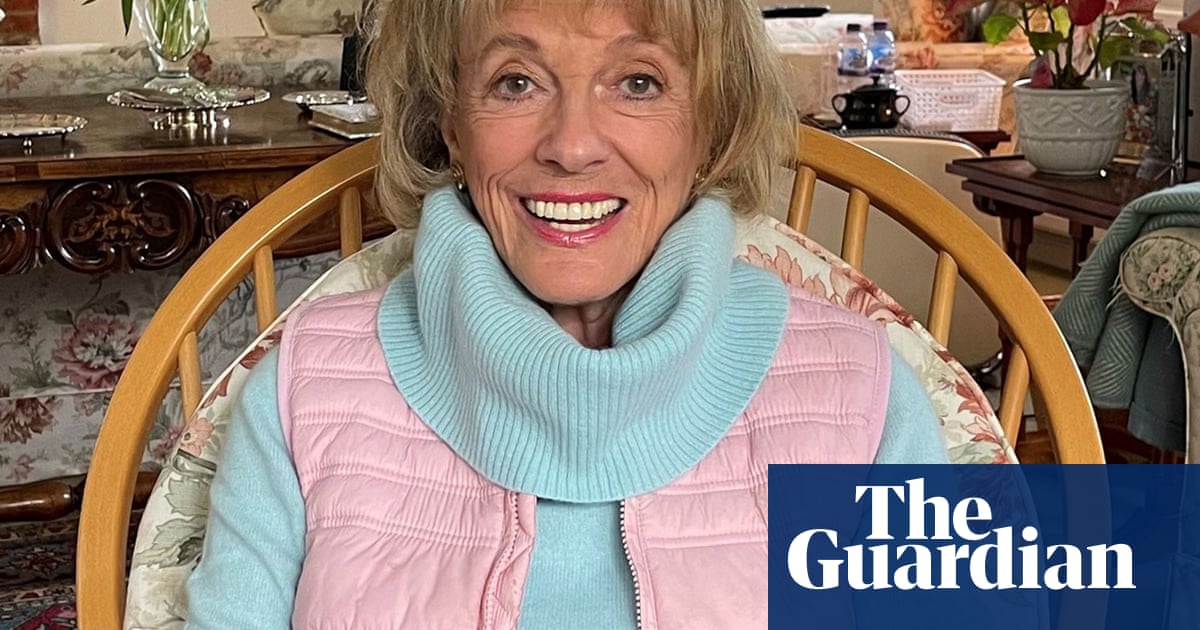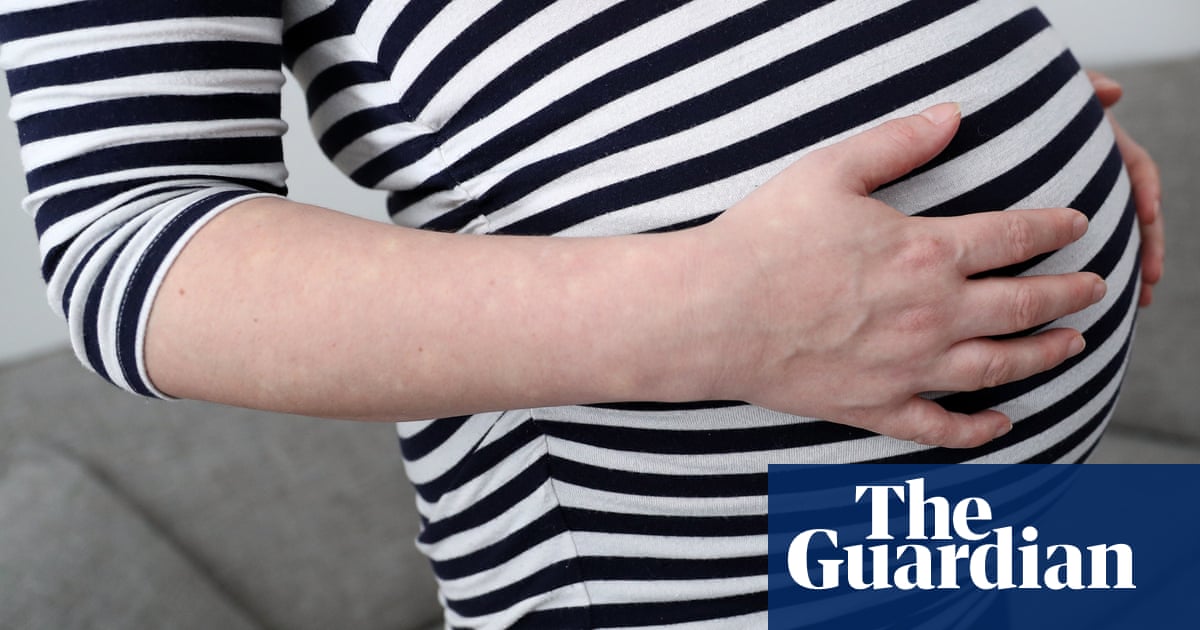“Assisted dying bill at risk of collapse”, gloats the Telegraph today, echoed by the Times. Not so, says Kim Leadbeater and her campaigners. Some so-called switchers who abstained last time were always known as opponents. MPs who gave her bill a 55 majority on the first vote are standing firm, she says, as the debate returns to parliament on Friday.
It’s a well worn tactic to pretend the tide is moving your way to sway any nervous MPs in wobbly seats. They should note the hefty majority of voters supporting the right to die for decades. British social attitudes first polled in 1983 found 77% of people in favour, a number that has been solid ever since. Keir Starmer’s reiterated support today may stiffen some of his MPs’ sinews.
The religious lobby, powerful, well financed and secretive, puts up every objection except its main one: only God decides the time of our entrances and exits. But that doesn’t swing the public in an atheistic country where 53% of people have no religion, believing in neither God nor life after death. Out of step with the changing views of the country, there are 26 bishops fighting for God when the bill is in the Lords.
MPs need to turn up tomorrow instead of their usual return to constituencies on Fridays: staying to vote on a private member’s bill with no party whip requires devotion to the cause. They should think on this: what they do in parliament will mostly be forgotten, gone with the wind, but this fundamental freedom will be a lasting legacy. In the great reforming government of Harold Wilson, most MPs were preoccupied with balance of payments and devaluation crises, and the prices and incomes board’s struggles with inflation. Great liberalising monuments of that era were side-issue private members’ bills to many MPs then, though capital punishment and theatre censorship abolished, abortion legalised, and race, homosexuality and divorce laws reformed, made history. Blair’s government left civil partnerships and a ban on public smoking. (Same-sex marriage as an add-on from the Conservatives.) Another totem for current MPs will be decriminalising abortion, following a shocking increase in women prosecuted for self-administered abortions: the jury refused to convict Nicola Packer last week, after a brutally exposing case.
This parliament looks ready to make assisted dying a good legacy: goodness knows it needs one. Scotland, Jersey and the Isle of Man all voted for it. The Royal College of GPs just voted by 61% to abandon its opposition and become neutral. (The BBC’s unofficial GP survey showed a split within the profession.) The Royal College of Psychiatrists lobs in nine last-minute objections, including one that frankly questions its rationality, warning “terminal illness is a risk factor for suicide”. Well, yes! That’s what it’s about! Its membership survey was evenly split.
Some 120 amendments are put up. Leadbeater has replaced the need for a judge’s signature with a stricter panel of experts, including a lawyer, social worker and psychiatrist, after two independent doctors attest a patient is sane and within six months of death, with 14 days to reconsider. Meg Hillier, always an anti, wants doctors gagged from mentioning assisted dying, creating a legal minefield to deter doctors from offering help. The amendment has been opposed by the BMA. My own mother, dying painfully of cancer despite the best palliative care, said wryly to her GP: “Where’s Harold Shipman when you want him?” He laughed kindly, but could do nothing more to ease her death, his every ampule counted: doctors fear being reported.
The most unfair argument is the “slippery slope towards death on demand” that Shabana Mahmood warns against, though this bill has tougher safeguards than any of the jurisdictions allowing assisted dying: rules can’t “slide” without another act of parliament. Palliative care organisations, traditionally dominated by the religious, claim their services always prevent suffering: not so, as they must know. Right-to-die laws have catalysed better palliative care elsewhere, and following the assisted dying debate the government increased funding for hospices.
At political extremes, Diane Abbott and Edward Leigh write that “the only adequate safeguard is to keep the current law unchanged”. But where are the safeguards against extreme suffering in death?
Take the radically different experiences of death from motor neurone disease (MND) in two families I spoke to. Karen’s husband was a very fit postman in Devon when diagnosed. “We knew what was coming and he didn’t want to reach the stage of [rugby star] Rob Burrow, being carried about. He asked my permission to kill himself if it got too bad. I didn’t want that, but I understood.” He had reached the point where he couldn’t feed or bath himself when one evening he plunged headlong downstairs and died within days. She knows this was deliberate: “He had searched for ways to die.” But it was a terrible, painful death, utterly shocking for her and the family.
Contrast that with Claire, whose 76-year-old brother in Australia also had MND, knowing his inevitable horrible end. Australia’s right-to-die law freed him to tell his family when to fly out from England, as he put everything in good order, arranged his funeral and wrote letters. By then he couldn’t speak. “It was a very good death,” Claire says, calm and peaceful, as she and her sister held his hand as the doctor gave him pentobarbital to swallow. That doctor gave evidence in the Commons about how well Australian law works.
Denying everyone’s right to escape a torturing death is not the “safe” option. The Inescapable Truth, a report written by palliative care clinicians, reports, “Some will retch at the stench of their own body rotting. Some will vomit their own faeces. Some will suffocate, slowly, inexorably, over several days.” On any day their figures show an average of 17 people are dying these bad deaths: it could be you or me.
Set these certain deaths, happening somewhere today, against the faint risk someone may choose to shorten their last few months of life to avoid being a burden on family or on the NHS. To me, these are perfectly good reasons. Many don’t want to leave families with miserable memories of their last months of suffering. But what I think or you think is beside the point. Everyone has an absolute right over their own body and its fate.
-
Polly Toynbee is a Guardian columnist
Do you have an opinion on the issues raised in this article? If you would like to submit a response of up to 300 words by email to be considered for publication in our letters section, please click here.

.png) 5 hours ago
3
5 hours ago
3

















































